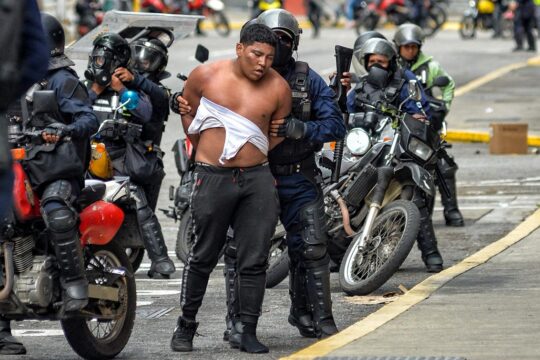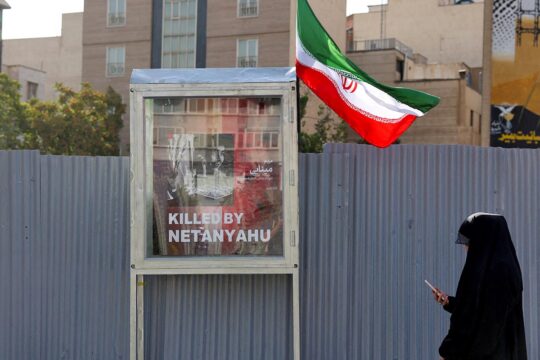Venezuela's electoral authority on Wednesday ruled out a recall referendum against President Nicolas Maduro this year, all but dashing opposition hopes to oust him at the ballot box.
The National Electoral Council declared in a statement after meeting with the opposition and the government that "the event could be held in the middle of the first quarter of 2017."
The council also set the rules for the next step in the process, deciding that four million petition signatures, which represent 20 percent of voters, must be gathered over three days between October 26-28.
The opposition Democratic Unity Roundtable (MUD) had hoped to hold the referendum before January 10 because it would trigger new elections if Maduro lost by then.
But if the vote is held later, his vice president would finish his term, meaning that the socialist government inspired by late leader Hugo Chavez would remain in power until 2019.
- Opposition vows to press on -
MUD leader Jesus Torrealba however remained defiant, insisting that a vote in 2016 remained the goal.
He said the opposition group was meeting to decide what specific measures it will take to pressure the electoral council.
"We are working on the strategy for our fight," he said.
"We are quite sure of this: Millions of Venezuelans are going to mobilize and hand (Maduro) a resounding electoral defeat -- as well as political and moral defeat," Torrealba said.
If enough signatures are not collected, the ballot would be called off.
"This is nothing but an admission from the government that it has nothing to offer the Venezuelan people at the polls. Far from a sign of strength, it's just the opposite," he said.
That would extend the socialist "revolution" launched in 1999 by late president Hugo Chavez to at least 20 years.
Oil-rich Venezuela has skidded into crisis as global crude prices have plunged since mid-2014, pushing Chavez and Maduro's socialist model to the brink.
Venezuelans spend long hours lining up outside supermarkets and pharmacies only to find bare shelves and soaring prices inside. Shortages have triggered outbreaks of looting and riots.
The country is facing its third year of deep recession this year, with inflation set to top 700 percent, according to the International Monetary Fund.
The opposition alleges the electoral authorities are in bed with Maduro -- along with the Supreme Court, which has systematically blocked opposition bills since it took control of the legislature in January.
Seeking leverage, the opposition has organized a series of protests. It estimates a million people took to the streets in the largest one on September 1.
Maduro calls his opponents "fascists" who are waging an "economic war" to destabilize his government, backed by "American imperialism."
To alleviate growing hunger, he has launched an emergency supply plan overseen by 18 army generals -- one each for rice, beans, toilet paper and 15 other staples.



